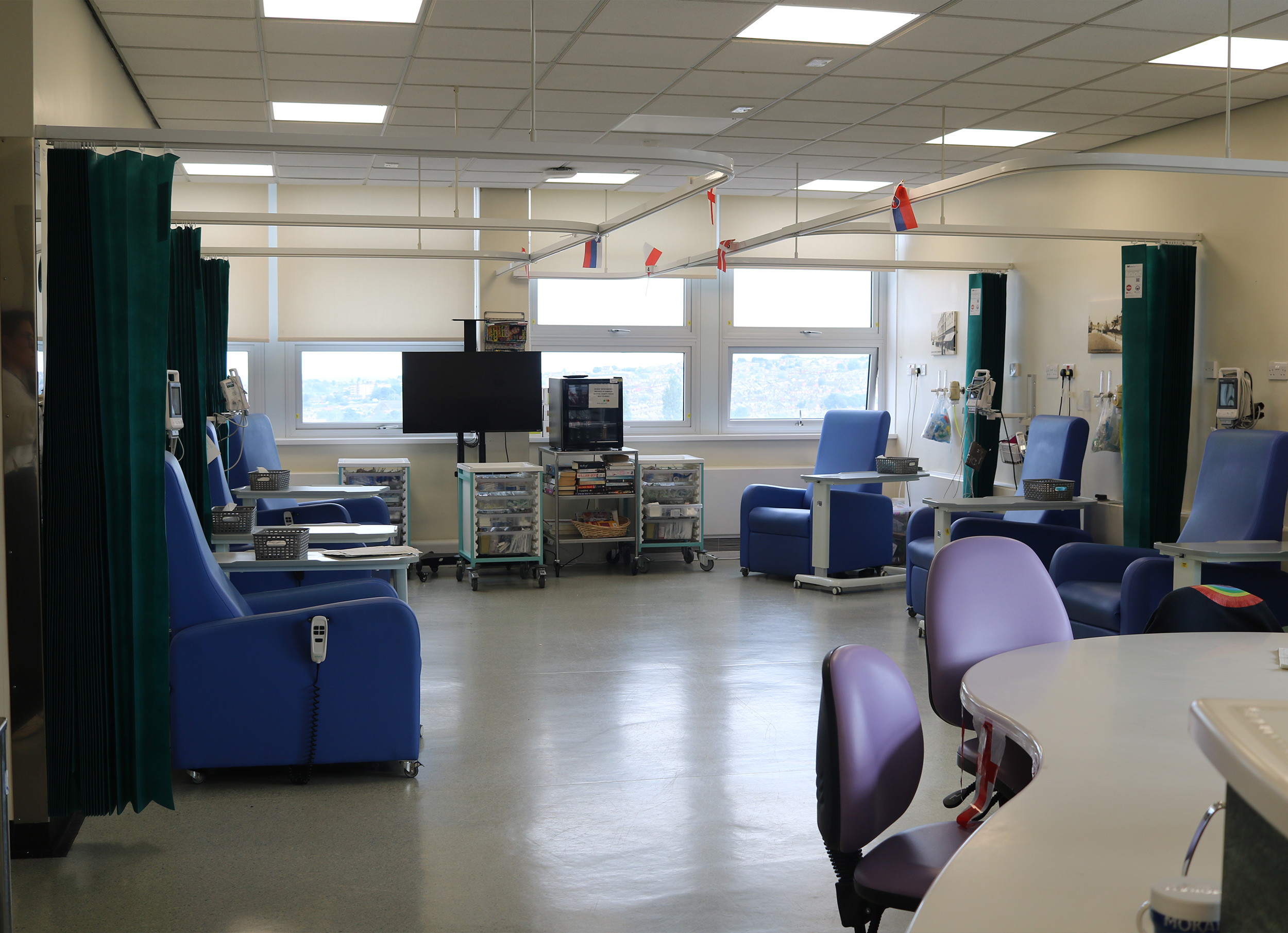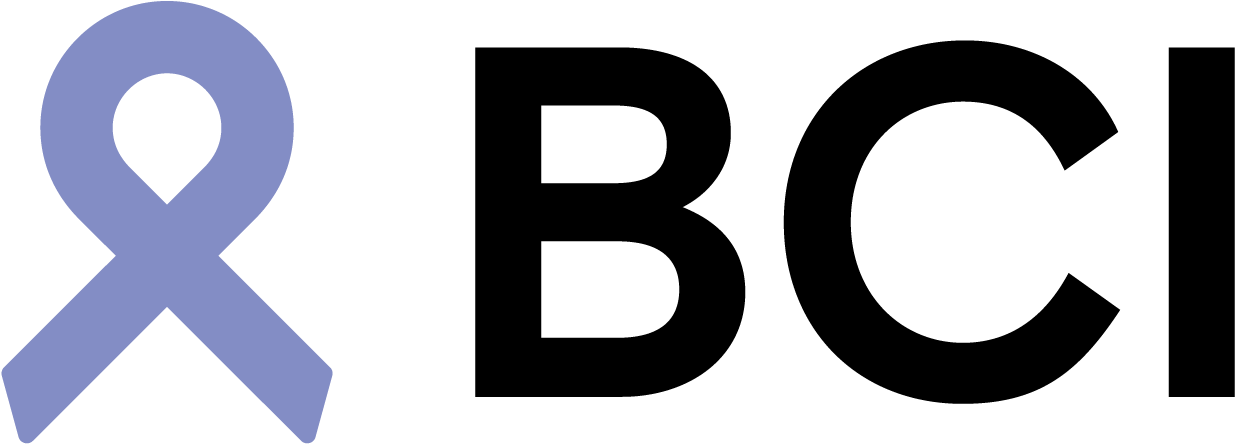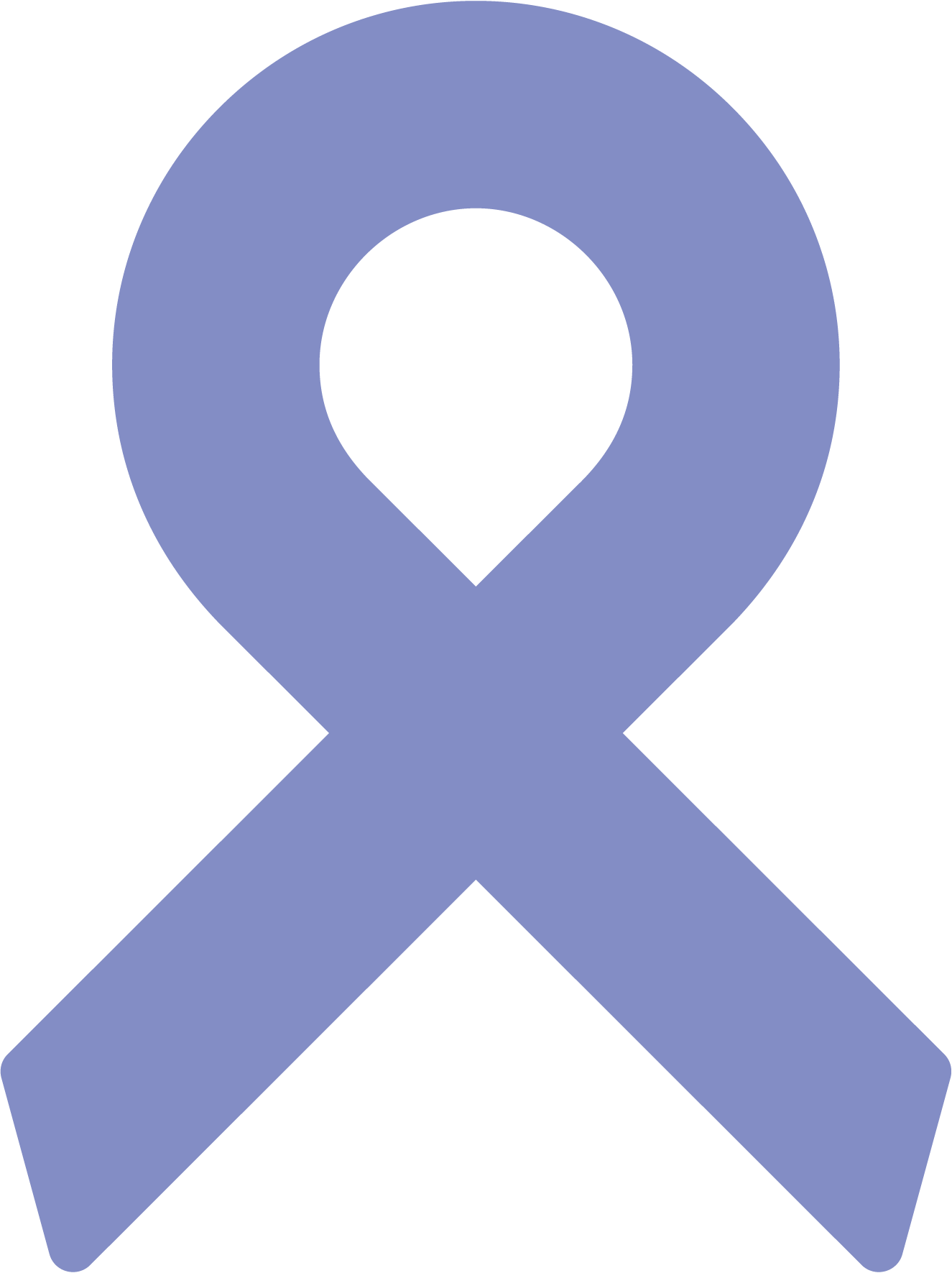- cancer information
- Treatment
- Chemotherapy
Chemotherapy
Chemotherapy
Having chemotherapy depends upon different factors, this section explains these and other things in more detail for you. Alongside the individual patient information given by your specialist medical teams.
Chemotherapy maybe given locally at Barnsley or at other chemotherapy units in the region.

Chemotherapy suite
What is chemotherapy?
Chemotherapy uses anti-cancer (cytotoxic) drugs to destroy cancer cells. The word cytotoxic means chemical drug that is known to be harmful to the cancer cells.
Most chemotherapy drugs are carried in the blood. This means they can reach cancer cells anywhere in the body. Chemotherapy is sometimes called systemic anti-cancer therapy (SACT) Systemic Anti -Cancer Therapy.
Cytotoxic chemotherapy drugs disrupt the way cancer cells grow and divide. But they also affect some of the healthy cells in your body. These healthy cells can usually recover from damage caused by chemotherapy. But cancer cells cannot recover, and they eventually die.
Because chemotherapy drugs can affect some of the healthy cells in your body, this can cause side effects. Most side effects will go away after treatment finishes.
Reasons why chemotherapy is given
They can include:
- the type of cancer
- the risk of the cancer coming back
- if the cancer has spread
- your general health.
Chemotherapy can be used in different ways, such as:
- As a main treatment for cancers such as lymphomas and leukaemia’s
- To shrink a cancer before surgery or radiotherapy – this is called neo-adjuvant chemotherapy
- To reduce the risk of cancer coming back after surgery or radiotherapy – this is called adjuvant chemotherapy
- At the same time as radiotherapy, to make it work better – this is called chemoradiation
- To treat cancer that has spread into surrounding areas (locally advanced cancer) or to other parts of the body (advanced or metastatic cancer)
- To shrink and control a cancer and relieve symptoms – this is called palliative chemotherapy
How chemotherapy is given?
Chemotherapy drugs can be given in different ways. This is often dependent on the type of cancer you have and the chemotherapy drugs being used. Some will involve out-patient treatment where you will attend a specialist chemotherapy suite, and others may involve a period of in-patient treatment on a specialist unit.
This can include: into a vein (intravenous) via a cannula or as tablets or capsules that you swallow.
You may need to have insertion of a long line for example a PICC line for easier access to administer(give), you your chemotherapy and take any necessary bloods. The lines vary and ones that are suitable to you and your treatment, will be offered by your medical team. To have one inserted often requires a procedure and daily care whilst it’s in place.
Side-Effects
Any side-effects will depend on the chemotherapy drugs you are having. Different drugs may cause different side effects. The ones related to your treatment will be explained to you, by your specialist team and written information provided. Medications may also be given to help alleviate common side-effects. It is important to follow guidance given by your specialist teams.
You will be closely monitored before, during and after treatment to assess the impact of the chemotherapy on your body, the cancer and address the side-effects you are experiencing.
The specialist team administering the chemotherapy are all highly trained, and will provide you necessary support and information. You will be given contact details for help and advice regarding side-effects and how best to get help 24 hours /day from a specialist team. You must always report any side-effects or symptoms to your medical team so they can advise you and if necessary adjust medication to help.
You will be closely monitored before, during and after treatment to assess the impact of the treatment on your cancer and on your body, the cancer and address the side-effects you are experiencing.


